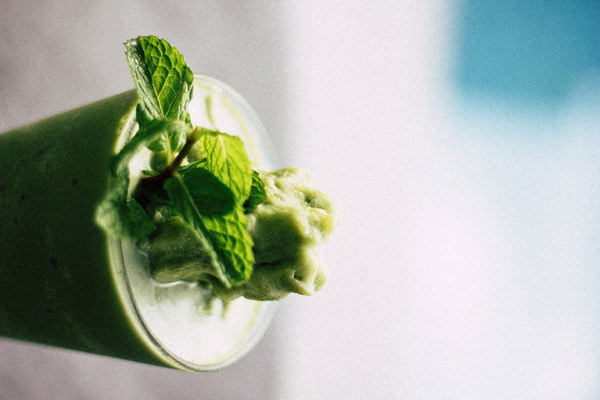Top 5 People Who Should Drink More Water for Liver Health
Introduction:
The liver is a vital organ responsible for numerous bodily functions, including detoxifying the body, metabolizing nutrients, and producing bile. Proper hydration is essential for maintaining liver health, as it helps in flushing out toxins and keeping the organ functioning optimally. In this article, we will discuss the top five groups of people who should prioritize drinking more water to enhance their liver health.
1. Alcohol Consumers:
Alcohol is a major hepatotoxin, meaning it can cause liver damage. For individuals who consume alcohol, staying hydrated is crucial in mitigating the harmful effects of alcohol on the liver. Drinking plenty of water helps to dilute the alcohol in the bloodstream, which reduces the risk of liver inflammation and cirrhosis. It also aids in the excretion of alcohol metabolites from the body, thus protecting the liver from further damage.
2. Those with Non-Alcoholic Fatty Liver Disease (NAFLD):
Non-alcoholic fatty liver disease is a growing concern, affecting millions of people worldwide. It occurs when fat accumulates in the liver, often due to poor diet and sedentary lifestyle. Adequate hydration can help in preventing and managing NAFLD. Water assists in the metabolism of fats and the removal of toxins from the liver, reducing the risk of liver inflammation and fibrosis.
3. Individuals with High Levels of Toxins:

Toxins can accumulate in the body due to various factors, including environmental exposure, poor diet, and stress. For people with high toxin levels, drinking plenty of water is essential to aid in the elimination of these harmful substances. Water helps to support the liver's detoxification process, thereby reducing the risk of liver disease.
4. Pregnant Women:
Pregnant women have increased demands on their liver due to the metabolic and hormonal changes occurring in their bodies. Adequate hydration is crucial during pregnancy to support the liver's functions and reduce the risk of liver disease. Water helps in the production of amniotic fluid, maintenance of electrolyte balance, and elimination of waste products from the body.
5. People with Chronic Conditions:
Individuals with chronic conditions, such as diabetes, heart disease, and kidney disease, often face liver-related issues. Proper hydration can help in managing these conditions and minimizing the risk of liver damage. Water assists in regulating blood pressure, improving kidney function, and supporting the liver's ability to metabolize fats and sugars.
Conclusion:
Drinking enough water is essential for maintaining liver health across various demographics. By focusing on these five groups of people, we can raise awareness about the importance of adequate hydration in protecting the liver from potential damage. Remember, a healthy liver is the key to a healthy body, and water is the cornerstone of liver health.









